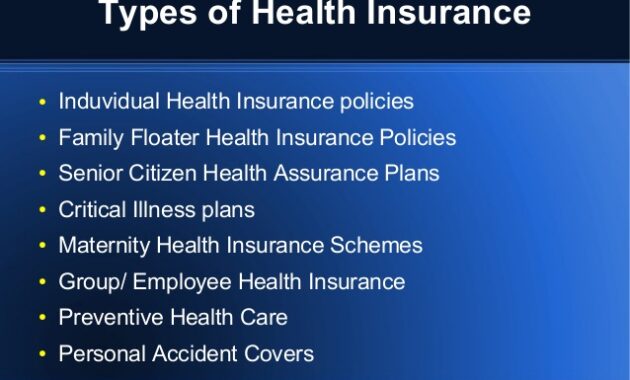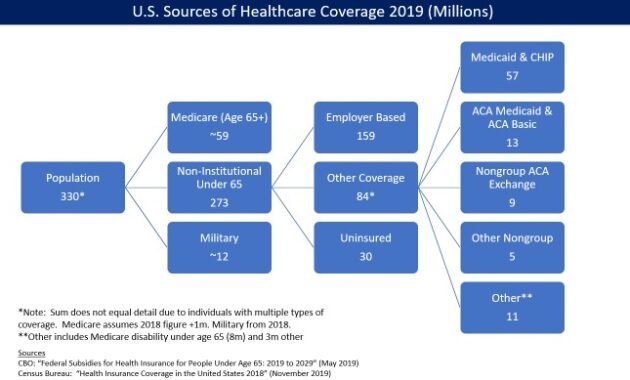There are rights to which we are entitled, simply by virtue of our humanity. Human rights exist independent of our culture, religion, race, nationality, or economic status. Only by the free exercise of those rights can we enjoy a life of dignity. Among all the rights to which we are entitled, health care may be the most intersectional and crucial. The very frailty of our human lives demands that we protect this right as a public good. Universal health care is crucial to the ability of the most marginalized segments of any population to live lives of dignity. Without our health we—literally—do not live, let alone live with dignity.
In the United States, we cannot enjoy the right to health care. Our country has a system designed to deny, not support, the right to health. The United States does not really have a health care system, only a health insurance system. Our government champions human rights around the world, insisting that other countries protect human rights, even imposing sanctions for a failure to do so. Our government is not as robust in protecting rights at home.
The right to health care has long been recognized internationally. Ironically, the origins of this right are here in the United States. Health care was listed in the Second Bill of Rights drafted by Franklin Delano Roosevelt (FDR). Sadly, FDR’s death kept this Second Bill of Rights from being implemented. Eleanor Roosevelt, however, took his work to the United Nations (UN), where it was expanded and clarified. She became the drafting chairperson for the UN’s Universal Declaration of Human Rights (UDHR). That committee codified our human rights, including, at Article 25, the essential right to health. The United States, together with all other nations of the UN, adopted these international standards.
Since the adoption of the UDHR, every other industrialized country in the world—and many non-industrialized countries—have implemented universal health care systems. Such systems ensure that all persons within their borders enjoy their right to health care. In 1966, years after passage of the UDHR, the UN proposed another treaty including health care: the Covenant on Economic, Social and Cultural and Rights (CESCR). The CESCR further clarified, at Article 12, “the right of everyone to the enjoyment of the highest attainable standard of physical and mental health.” “Health” in this context is understood as not just the right to be healthy and have health care, but as a right to control one’s own body, including reproduction.
Article 12 goes on to require that “states must protect this right by ensuring that everyone within their jurisdiction has access to the underlying determinants of health, such as clean water, sanitation, food, nutrition, and housing, and through a comprehensive system of health care, which is available to everyone without discrimination, and economically accessible to all.” This treaty was signed by all UN countries. It was ratified by all countries except three—Palau, Comoros, and the United States of America. All signatory nations to CESCR are subject to periodic review of progress on the human rights so protected. The UN High Commissioner of Human Rights also reviews progress on rights protected by the UDHR. In preparation for these reviews, the U.S. government submits a report, touting its successes in the area of human rights.
Shockingly, or maybe just realistically, the U.S. report to the UN in 2015 fails to even identify health as a human right. Instead, it refers to efforts on health “measures,” intentionally avoiding use of the word “right” relative to health. (UPR report of the U.S. government, section H, paragraphs 100 and 101.) A reading of that report generates near disbelief among health advocates; “health measures” are not even remotely akin to “health rights.” But it was the only appropriate term to use. The only progress the United States had to report was the Affordable Care Act (ACA), a health insurance law, not a health care law. The United States could not admit to the UN that it had made no progress on so basic and fundamental a right as health.
What the government did not want to say is that contrary to ensuring the right to health, it continues to violate the UDHR with a system that discriminates against minority groups and/or all in poverty. This results in a “non-system” of health care. The UDHR does not condition health upon ability to pay, citizenship, or any other condition. The United States does. By codifying a system allowing huge corporate profits on health care as a commodity, our government has actually impaired, not improved, our right to health care. So maybe, and refreshingly, the United States was just being honest with the UN about its failure to ensure and protect the human right to health care.
This failure to protect the right to health is puzzling. From FDR’s drafting of the Second Bill of Rights to Dwight Eisenhower’s success in passing Medicare, our country’s leaders have attempted to ensure our right to health. The crucial and intersectional nature of that right was recognized in the 1960s by Martin Luther King Jr. during the Poor People’s Campaign. He affirmed that: “Of all the forms of inequality, injustice in health care is the most shocking and inhumane.” Chicago press conference held on March 25, 1966, in connection with the annual meeting of Medical Committee for Human Rights.
It is equally puzzling that our government has lauded, and continues to laud, the passage of the Patient Protection and ACA as a way to guarantee the right to health care. It is true that there have been improvements in our country’s health statistics since the passage of the ACA. As a result of the ACA, many people, through Medicaid expansion, are now able to see a medical professional when needed. And prior to enactment of the ACA, the death rate for lack of health care was appalling: Three people in our country died every 30 minutes for lack of health care. Since the ACA, that death rate has gone down, but it is still present. No matter how it is spun, health insurance is simply not health care.
Nowhere is that contrast clearer than in personal stories of suffering. After codification of cost barriers by the ACA, people were shocked; they had been convinced this law was a reform that would actually increase access to health care. While collecting stories, I spoke to Susan in Vermont. She is 27 years old and says: “I simply don’t understand what happened. I was told that the ACA would let me get the health care I need. I pay my premium every month. Now that I’m really sick, I can’t go to work and have very little income. It turns out I can’t go see my doctor without paying because I haven’t yet spent $2,000 this year out of my own pocket—after paying all my premiums. So, even after paying premiums which are thousands of dollars, and paying the $2,000 deductible, I still have to bring money with me for a co-pay.”


